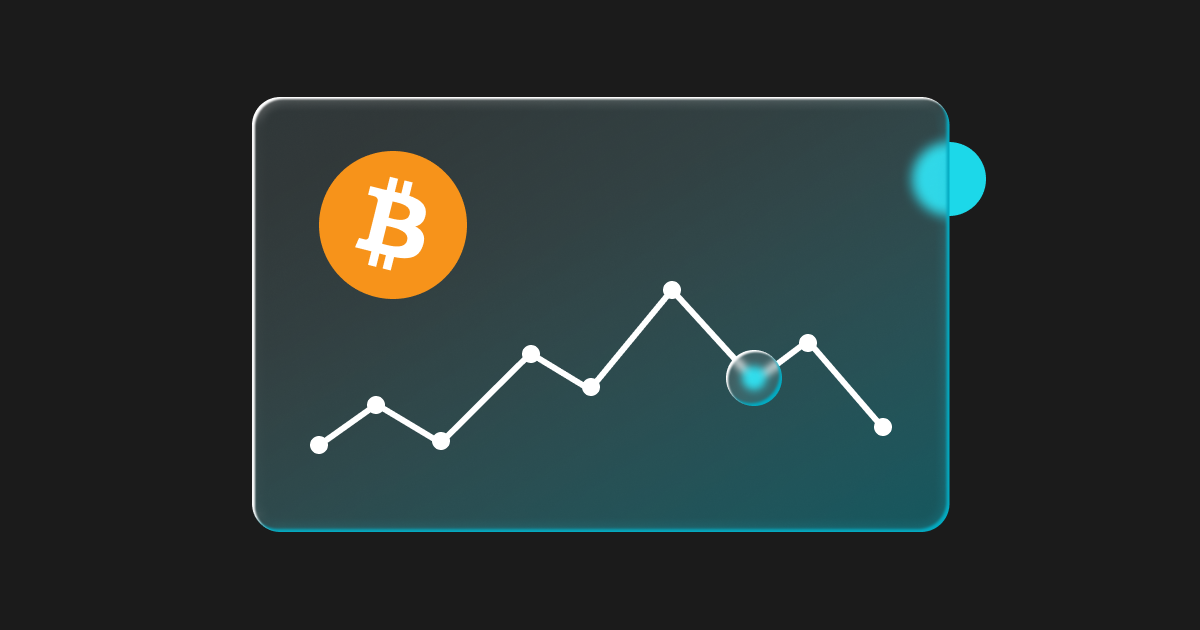Bank of England studies ZK-proofs to enhance user privacy for digital pound
New research from the Bank of England suggests that emerging privacy technologies such as zero-knowledge proofs could enhance user control over data in a digital pound.
The Bank of England has suggested that zero-knowledge proofs and other privacy-enhancing technologies — also known as PTEs — could be viable components of a potential digital pound.
In its latest report called “Enhancing the Privacy of a Digital Pound,” the central bank said that such technologies as pseudonymization, ZK-proofs, and secure multiparty computing, “might feasibly be applied to digital currency systems such as the digital pound to minimize the sharing of data both with the central bank and between payment intermediaries, giving users greater control over their data and enhancing user privacy.”
“This presents opportunities for a digital pound to be at least as private as current forms of digital money and potentially even more private, although as with any technology, there are limitations to what emerging types of PETs can achieve.”
The Bank of England
Following public feedback from its 2023 consultation, the Bank of England and HM Treasury reaffirmed their commitment to safeguarding user privacy, reassuring that neither the government nor the central bank would have access to users’ personal data.
ZK-proof is a cryptographic protocol that enables one party to prove they know something without revealing the actual information. The technology is actively being used in blockchains like Ethereum (ETH), Zcash (ZEC), and Polygon (POL) for privacy and scaling solutions.
Collaborating with the Massachusetts Institute of Technology’s Digital Currency Initiative, the British central bank has explored the potential of emerging PETs, yet still acknowledged their limitations and trade-offs, particularly in balancing privacy with regulatory compliance.
“Tensions may also emerge between regulations that require the disclosure of data and the latitude to deploy PETs,” the report stated, underscoring the need for further research to address these challenges.
The Bank of England began its exploration of a digital pound in 2020, when it established a task force to evaluate the potential design and implications of a central bank digital currency. However, public consultations and detailed assessments have been ongoing since early 2021, with the central bank emphasizing the importance of adapting to technological advances in payments and the declining use of cash. The bank has yet to make a final decision on launching its digital currency.
Disclaimer: The content of this article solely reflects the author's opinion and does not represent the platform in any capacity. This article is not intended to serve as a reference for making investment decisions.
You may also like
Major Events in the Altcoin Market Prompt Caution Among Traders
In Brief This week, about 328 million dollars' worth of tokens are set for release. Both collective and gradual methods will cause short-term market fluctuations. Experts advise traders to consider technical analyses for cautious decision-making.

Hedge fund Bill Ackman: I appreciate Trump's decision, it's not "fawning on the president"
Congress keeps talking crypto amid trade war shifts

